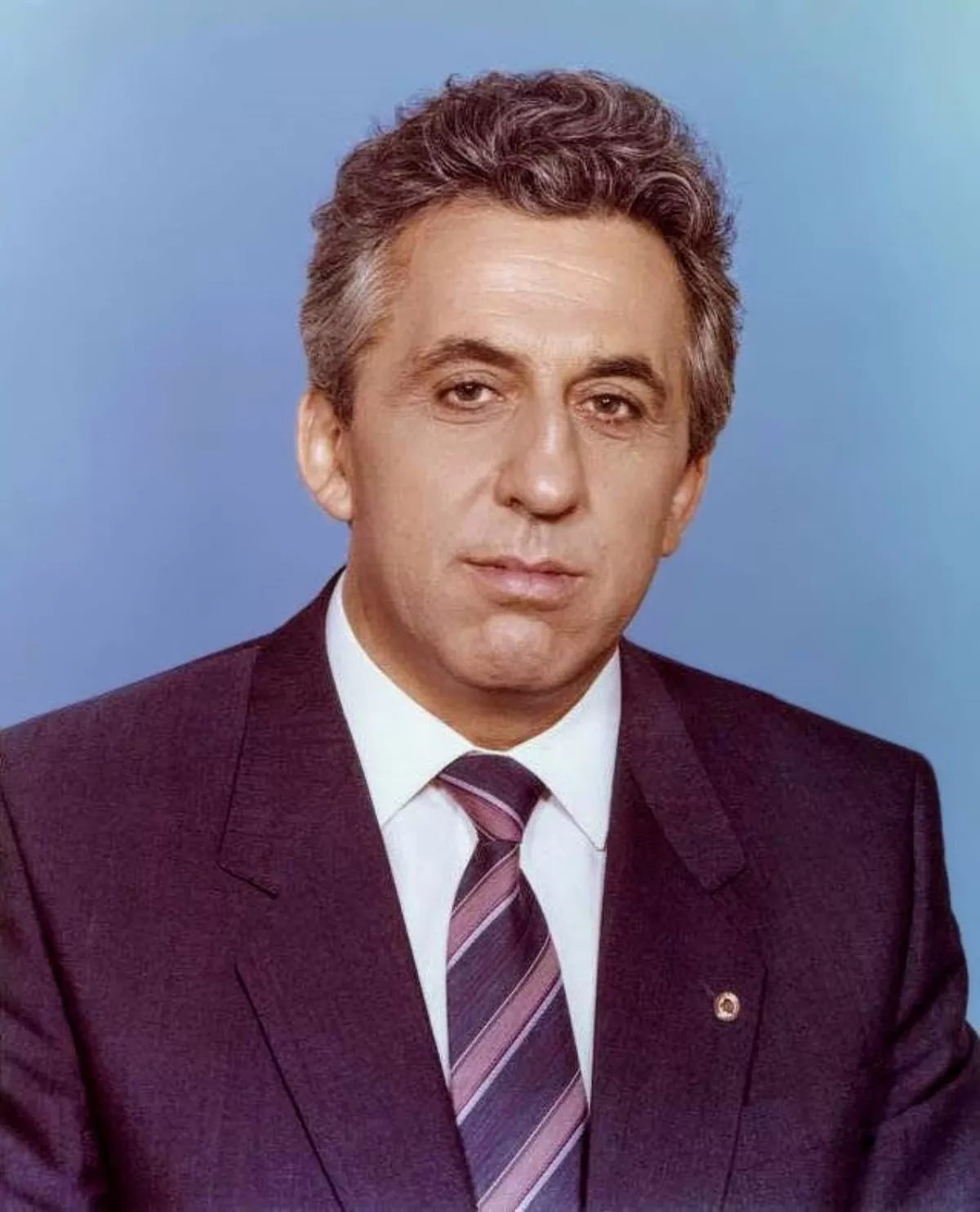 1.
1. Egon Krenz succeeded Erich Honecker as the General Secretary of the ruling Socialist Unity Party of Germany but was forced to resign only weeks later when the Berlin Wall fell.

 1.
1. Egon Krenz succeeded Erich Honecker as the General Secretary of the ruling Socialist Unity Party of Germany but was forced to resign only weeks later when the Berlin Wall fell.
Egon Krenz was Honecker's deputy from 1984 until he succeeded him in 1989 amid protests against the regime.
Egon Krenz was unsuccessful in his attempt to retain the Communist regime's grip on power.
The SED gave up its monopoly of power some weeks after the fall of the Berlin Wall, and Egon Krenz was forced to resign shortly afterward.
Egon Krenz was expelled from the SED's successor party on 21 January 1990.
Egon Krenz remained on parole until the end of his sentence in 2006.
Together with Karel Urbanek from Czechoslovakia, Egon Krenz is the last former General Secretary from the Eastern Bloc still alive.
Egon Krenz was born to German parents in Kolberg, then part of Nazi Germany in what is part of Poland.
Egon Krenz's family resettled in Damgarten in 1945 during the mass repatriations and expulsions of Germans from Poland at the end of World War II.
Egon Krenz studied at a prestigious Communist Party staff school in Moscow for three years, became a nomenklatura member and obtained a social science degree by 1967.
Egon Krenz was leader of the Ernst Thalmann Pioneer Organisation from 1971 to 1974, and became a member of the central committee of the party in 1973.
Egon Krenz was a member of the Volkskammer from 1971 to 1990, and a member of its presidium from 1971 to 1981.
Egon Krenz rose to supreme prominence when he became Honecker's deputy on the Council of State in 1984.
Egon Krenz had been approached several months earlier about ousting Honecker, but was reluctant to move against a man he called "my foster father and political teacher".
Also on the same day he took office, Egon Krenz received a top secret report from planning chief Gerhard Schurer that showed the depths of East Germany's economic crisis.
Egon Krenz was forced to send Alexander Schalck-Golodkowski to beg West Germany for a short-term loan to make interest payments.
On 6 December 1989, Egon Krenz resigned from his remaining leadership posts.
Egon Krenz was succeeded as head of state by LDPD leader Manfred Gerlach.
In 1997, Egon Krenz was sentenced to six-and-a-half years' imprisonment for Cold War crimes, specifically manslaughter of four Germans attempting to escape East Germany over the Berlin Wall.
Egon Krenz was charged with electoral fraud, along with other criminal offences.
Egon Krenz appealed, arguing that the legal framework of the newly reunited German state did not apply to events that had taken place in the former East Germany.
Egon Krenz argued that the prosecution of former East German officials was a breach of a personal agreement given by West German Chancellor Helmut Kohl to Soviet President Mikhail Gorbachev during their talks, which led to German reunification.
Egon Krenz began serving his sentence in Hakenfelde Prison shortly thereafter, working in the prison laundry.
Egon Krenz was later transferred to Plotzensee Prison, a prison with stricter rules, where he worked in the prison laundry and as an inmate orderly.
Egon Krenz was released from prison in December 2003 after serving nearly four years of his sentence, and quietly retired with his wife Erika to Dierhagen in Mecklenburg-Vorpommern.
Egon Krenz remained on parole until the end of his sentence in 2006.
Unlike other high-ranking former members of the SED, such as Gunter Schabowski and Gunther Kleiber, Egon Krenz still defends the former East Germany and maintains he has not changed his political views.
Egon Krenz is fluent in Russian and has praised Russian president Vladimir Putin, saying "After weak presidents like Gorbachev and Yeltsin, it is a great fortune for Russia that it has Putin", while believing that the Cold War never ended.
Egon Krenz is a Russophile and has implied that he is a popular emblem of Ostalgie.
Egon Krenz has praised China, saying "absolute poverty has been eliminated" there.